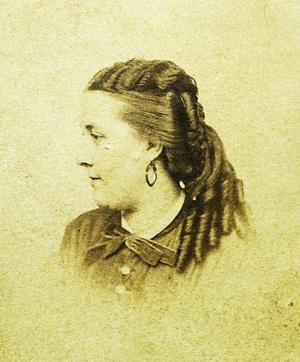In the last months of his third term as a U.S. Senator in 1864 and early 1865, Dover’s John P.
Hale continued his determined push to rid the country of the moral travesty of slavery. Identifying with the radical wing of the Republican Party, Hale supported the emancipation of slaves and equality for African Americans. He advocated for the passage of the 13th Amendment to the U.

S. Constitution that would permanently end slavery. The amendment’s approval in the Senate on April 8, 1864, was the first step in the process that would lead to its ultimate ratification in December 1865.
In the fall of 1864, Hale campaigned for President Abraham Lincoln’s reelection. On election day, Nov. 8, Lincoln won in a landslide against his Democratic Party contender, George B.
McClellan, the former commanding general of the U.S. Army.
In December 1864, Hale was looking toward the future as his senatorial career would be ending on March 4, 1865, the last session day of the 38th Congress. He made it known that he was interested in serving in a diplomatic post. Secretary of State William H.
Seward recommended Hale to Lincoln as the next minister to Spain, and the president readily agreed. On March 10, 1865, Hale’s appointment was unanimously confirmed by a vote in the Senate. With the surrender of Confederate Gen.
Robert E. Lee to Union Gen. Ulysses S.
Grant at Appomattox Court House in Virginia on April 9, it became evident that the country’s civil war was nearing its end. In his 1965 b.
















